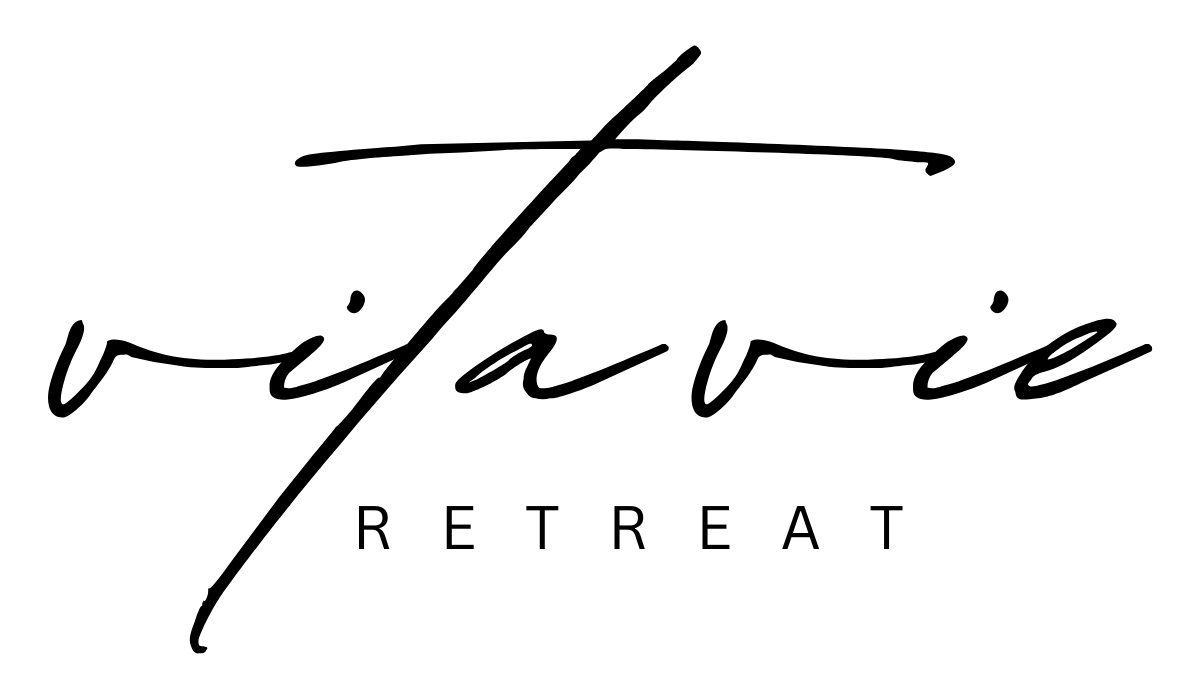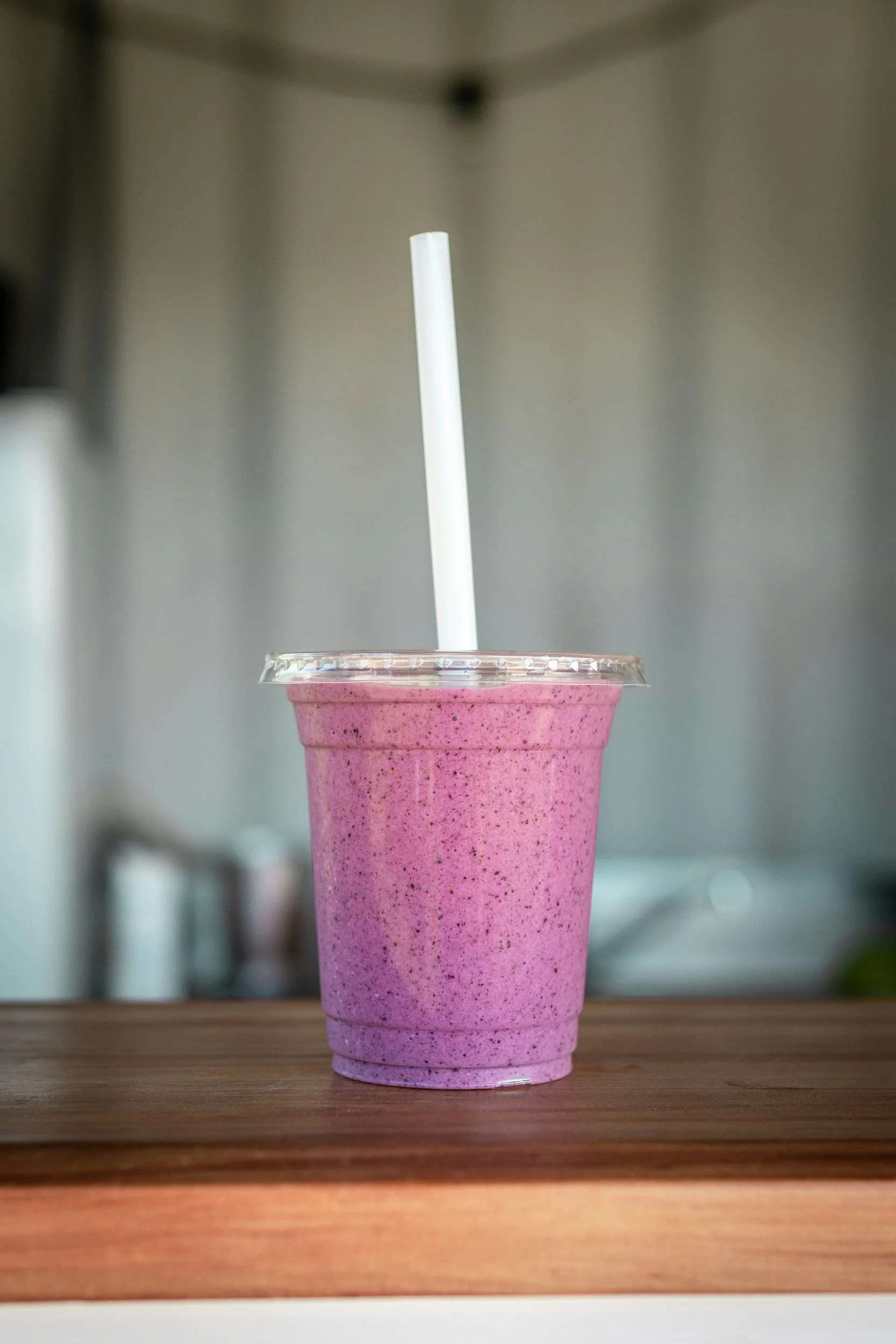The Power of Escaping: Enhancing Wellness and Productivity
/
Most of us are getting by. We’re stretched and we’re experiencing the constant barrage of emails, notifications, meetings, and deadlines. Not to mention school is out which means summer activities for the kids, shuttling everyone around, and planning days of entertainment. It often feels like we are perpetually connected, always on the go, and leaving little room for genuine rest and reflection. Greg McKeown, in his insightful quote, encapsulates a powerful truth about the modern condition: to truly focus, we must first learn to escape.
The Necessity of Escape
Escape isn't about running away from responsibilities. It’s about creating a sanctuary for the mind and body to rejuvenate in order to continue taking on all of those responsibilities. This concept of escape can take many forms—meditation, a walk in nature, a digital detox, or simply spending time in solitude. It can be an actual escape, a staycation, or a luxury getaway. Each of these activities allows us to step away from the incessant demands of daily life and recharge our internal batteries.
Speaking of batteries, we can view our physical, emotional, and mental capacities, each as a battery. When fully charged, these capacities can function independently and synergistically to enhance overall well-being. However, when one is depleted, it draws energy from the others, placing strain on our physical, mental, and emotional states collectively. Staying fully charged is critical for being able to function optimally each and every day.
The Science Behind Detachment
Research in psychology and neuroscience supports the need for periodic detachment from our routine tasks. Studies have shown that constant engagement without breaks can lead to burnout, decreased productivity, and mental fatigue. On the other hand, deliberate breaks and periods of rest can enhance cognitive function, creativity, and overall well-being.
One study published in the journal Psychological Science found that brief diversions significantly improved focus and performance on tasks that require prolonged attention. The researchers concluded that even short breaks could help maintain optimal performance over extended periods.
Mind-Body Wellness
Detachment plays a crucial role in achieving mind-body wellness. When we allow ourselves time to escape, we provide our minds with an opportunity to process information, reflect on experiences, and gain new perspectives. This mental rest is as essential as physical rest for maintaining health and preventing burnout.
Practices such as mindfulness meditation have been shown to reduce stress, lower blood pressure, and improve mental clarity. By focusing on the present moment and letting go of distractions, we cultivate a state of inner peace that permeates our daily lives. Similarly, physical activities like yoga or tai chi not only improve physical health but also foster a sense of mental calm and clarity.
Keep in mind that detaching can be what YOU need it to be. A health coaching client once told me that her detachment and self-care is rock climbing. It calls her mind to focus intently bringing her thoughts to the present moment rather than elsewhere.
Enhancing Productivity Through Focused Detachment
Escaping to focus might seem counterintuitive in a productivity-driven society, but it is a powerful strategy for enhancing efficiency and effectiveness. When we detach, we allow our minds to wander, leading to spontaneous insights and creative solutions. This process, often termed as "incubation" in creativity research, highlights the importance of breaks in problem-solving and innovation.
Moreover, intentional detachment can lead to a deeper, more sustained focus when we return to our tasks. This is because our brains operate in cycles of activity and rest. By respecting these natural rhythms and incorporating periods of rest, we can achieve higher levels of concentration and productivity.
Practical Steps to Incorporate Escape
Schedule Regular Breaks: Integrate short breaks into your daily schedule. Even a five-minute walk or a brief stretch can make a significant difference.
Digital Detox: Designate specific times to unplug from digital devices. Use this time to engage in offline activities that bring joy and relaxation.
Mindfulness Practices: Incorporate mindfulness practices such as meditation or deep breathing exercises into your routine. These practices can help center your thoughts and reduce stress.
Nature Connection: Spend time in nature. Whether it's a hike, a visit to the park, or simply sitting in your garden, nature has a profound calming effect on the mind.
Creative Hobbies: Engage in hobbies that you love and that allow your mind to wander freely. This could be painting, playing a musical instrument, or writing.
Get Away: Take a day, take a week, take a month. Detach from your immediate surroundings and explore. Take a breath. Let go. Enjoy life.
Authentic Connection: Be intentional with your time and connect with those that you enjoy being with the most.
Putting it into action
Ready to practice? What will you do to escape today or in the very near future? How can you hold yourself accountable?
Greg McKeown's wisdom reminds us that in order to focus, we must first escape. By embracing periods of detachment, we can enhance our mind-body wellness, boost productivity, and lead more balanced and fulfilling lives. In a world that glorifies constant hustle, let’s not forget power of rest and reflection.
Join us for a wellness retreat to escape and refocus: Vita Vie Retreat
Wishing you all the best!
Margot





















